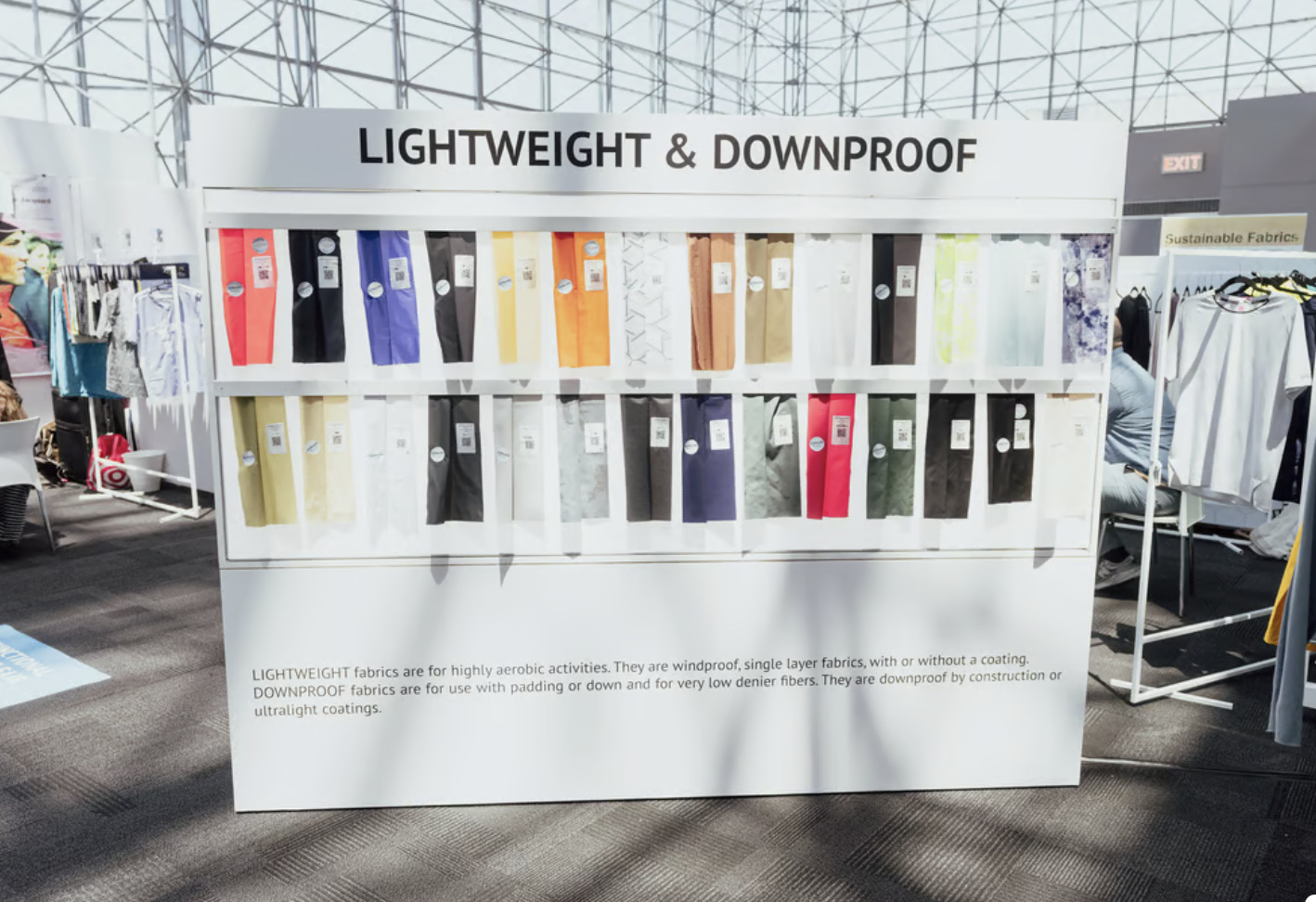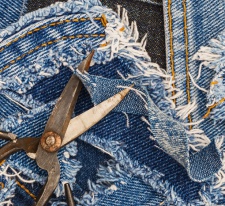A new law in the textile industry: What is PFAS and why is it so important?
At the Functional Fabric Fair, new PFAS laws adopted in New York and California were discussed a lot.
PFAS (perfluoroalkyl and polyfluoroalkyl) are eternal chemicals widely used in textiles to impart water—repellent, oil-resistant and refractory properties.
From January 1, 2025, the sale and distribution of clothing and textiles containing PFAS will be prohibited in these states. This is a topic that concerns both exhibitors and visitors of the exhibition, especially those who produce outdoor clothing and technical clothing.
Ammi Borenstein, founder of Snaplinc Consulting, spoke on the topic of compliance with new laws.
Highlights:
- PFAS, commonly known as PFO8, C8 and C6, have been used in clothing since the 1950s.
- The new laws are being introduced due to concerns about the toxicity of PFAS and a possible link to cancer.
- New York law prohibits PFAS in outdoor clothing from 2025, and in severe weather clothing from 2028.
- California Law AB 1817 prohibits PFAS in all textile products, including shoes, leather goods and accessories.
- California is also introducing law AB 347, requiring brands to test products, register them and impose penalties for non-compliance.
- New York also has penalties for non-compliance.
- PFAS clothing testing costs $115, which can result in fines for non-conforming brands.
- The European Union has not yet introduced PFAS laws, but they are expected to be adopted soon.
- Luxury brands using leather should be aware of the new laws, as leather may contain PFAS.
Snaplinc Consulting is already helping several major brands develop strategies to comply with the new PFAS laws.

Brands are now responsible for proving that their products do not contain PFAS. The recommended level of organic fluoride is less than 100 parts per million. Brands will need to obtain certificates of conformity to prove the absence of PFAS.
A good example of abandoning PFAS is the Keen brand. Kirsten Blackburn, Keen's Director of Sustainability, spoke about how the company openly shares information and resources with its colleagues to exclude PFAS from supply chains.
Keen has developed a Green Book, a roadmap for other brands to help them get rid of PFAS in their products.
"Becoming PFAS—free is a task that requires the efforts of the entire value chain," Blackburn stressed. She also added, "Not every company has the budget or resources to assign a person or department to do this task. But until we all take steps to eliminate PFAS from our common supply chain, these toxic chemicals will continue to accumulate in the environment and in our bodies."

Do you want to keep up to date with the main events in the fashion industry and brand news?











